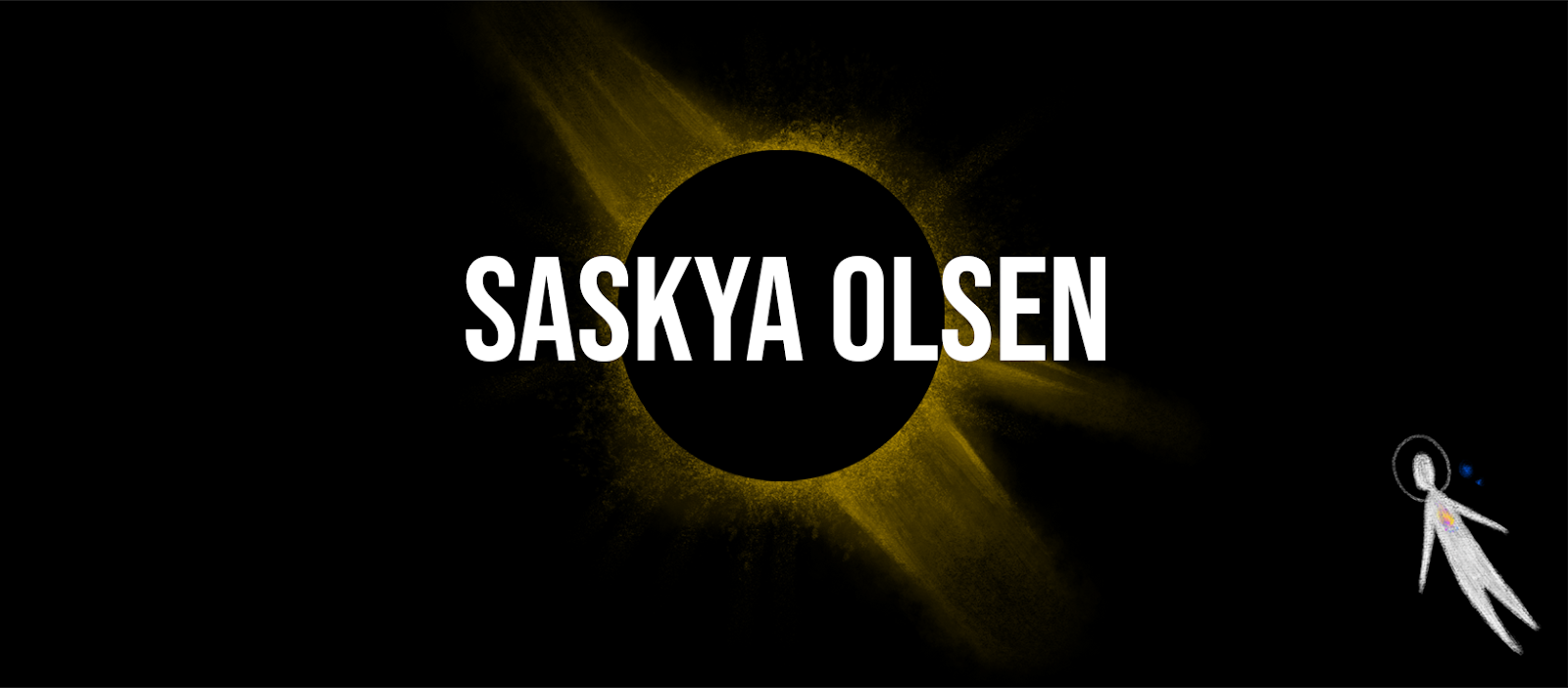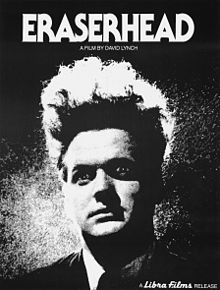Critical And Contextual Studies Research
A look into topics brought up during critical and contextual studies lectures, independent research out of hours...
Aundrei Tarkovsky:
An influential Russian filmmaker, writer and film theorist who is considered one of the greatest directors in the history of cinema. Aundrei explored spiritual and metaphysical themes through dreamlike visual imagery. Tarkovski directed the first five feature films in the Soviet Union, and went on to receive several awards at the Cannes Film Festival throughout his career among others.
Aundrei's films are a collage of unusual scenes with little context or dialogue. I find his work to be reminiscent of Glen Lunchford, a director who focuses on similar styles and atmospheres through Gucci campaigns. In fact, many clothing and fragrance films often share Aundrei's dreamlike style. Unconventional shots can be unsettling, this originality shows the true expression of Aundrei's work, he produced art rather than oversaturated entertainment.
David Lynch and Eraserhead:
David Lynch is an American filmmaker, painter, musician and photographer. He received the Acadamey Honorary Award in 2019 and is deemed as "The most important director of this era" by The Guardian. Within his work, small town USA is frequently incorporated due to David's fascination with this environment. His surreal and violent filmography pulls audiences into a trance...
Eraserhead is one of David's first films, and began his trajectory for fame in the filmmaking industry. An experimental body horror with strong sexual themes. The film took several years to produce due to funding issues. Its sound is seen as one of its defining elements; constant industrial sounds forming background noise to the story. Linking back to the films sexual undertones, David J Skal feels as though the film "depicts human reproduction as a desolate freak show".
Haptic Gloves, the potential of technology:
Haptic technology (also known as kinaesthetic communication or 3D touch) is a technology that can simulate the experience of touch. This method applies forces, vibrations or motions to the user, most commonly the hands, within glove-like equipment that often coincides with virtual reality gaming. The word 'haptic' means 'pertaining the sense of touch' in Greek. This technology was undergoing research in the 1980s along with virtual reality at the NASA Ames Research Centre. However, similarly to VR, the technology didn't catch-on. Haptic gloves have recently had a surge in popularity with the developments in simulation gaming. Haptic technology is also used in medicine, robotics, VR, computers, phones as well as gaming.




Comments